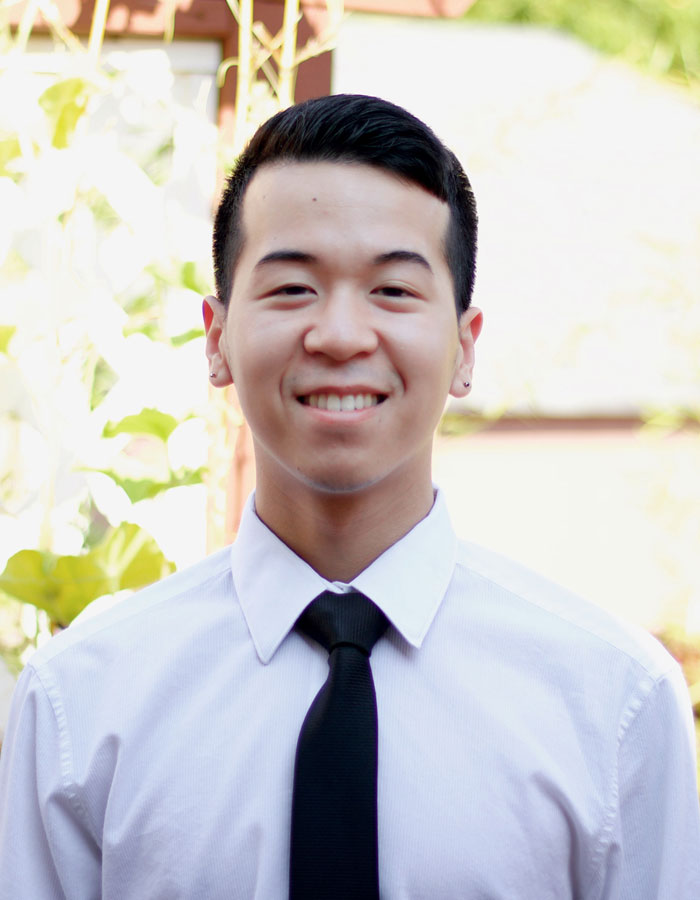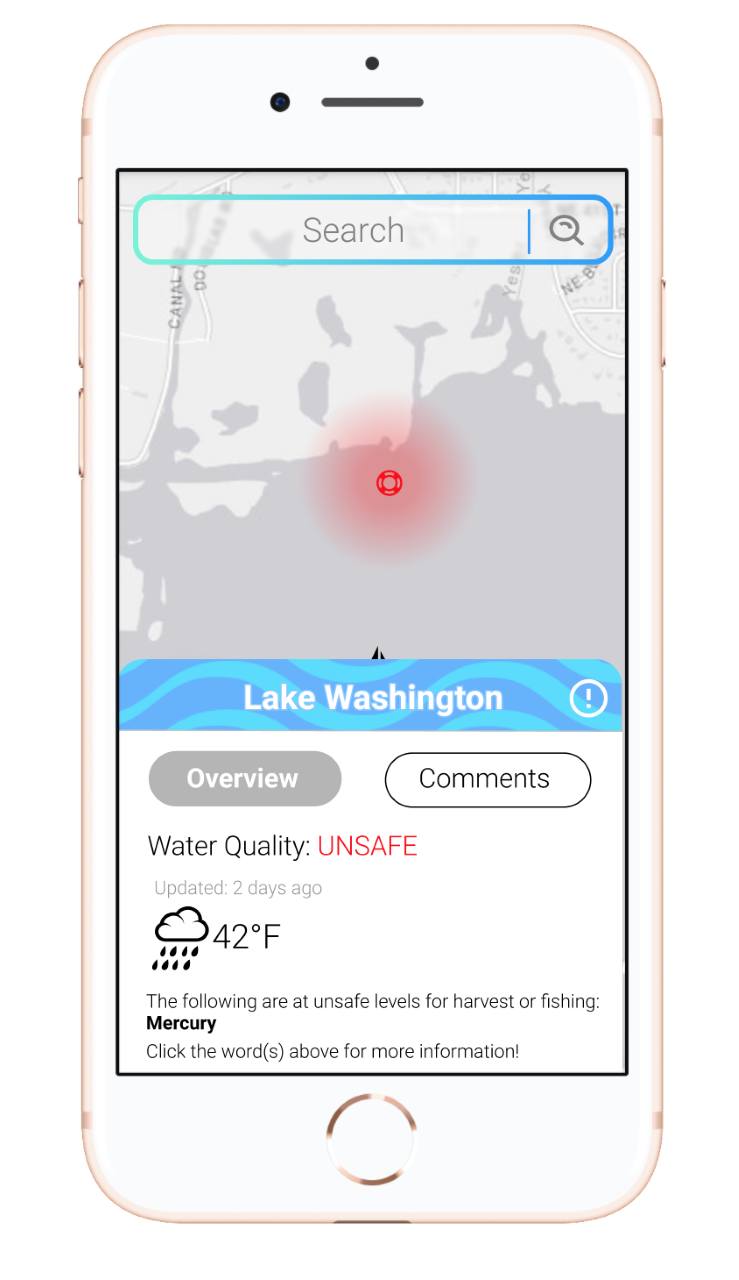Channeling his studies in public health and involvement in equity and diversity groups, senior Kenny Nguyen was part of a team that designed a mobile app that won Best Impact at a University of Washington hackathon. The annual event, held this year on Jan. 18, was hosted by the Women in Informatics group at the UW Information School.

Nguyen partnered with Lauren Krieger, Bely Lor and Gabrielle Isaguirre, UW undergraduates studying informatics and computer science. The team designed an app called Pura to map local water quality levels and track potentially unsafe pollutants. The aim of the project was to give Indigenous coastal populations (and other coastal communities) easy access to information to make better decisions about where and when to fish and harvest in their native waters. The project was selected among 70 teams for its potential to have a major impact.

"It reimagined how we could use data from environmental agencies and provide instantly accessible information to those ambivalent about calling a government agency about their lands," said Nguyen, a senior in the Public Health-Global Health major at the UW School of Public Health. "The public health curriculum and the process that goes into how we can empower and strengthen communities were fundamental in realizing this project and its scope."
Over 12 hours, the team bounced ideas back and forth and critically analyzed how their identities could influence the issues they thought were most pressing and 'driven by difference,' the theme of the hackathon. They outlined their ideas on a rudimentary app that they think could be implemented in the future.
The Women in Informatics group is a diversity organization dedicated to empowering women to thrive as producers of technology. The hackathon was open to UW students from all backgrounds and identities.
"I really like the idea behind the group and want to support women in STEM (Science, Technology, Engineering and Medicine)," Nguyen said. "I've joined a lot of diversity groups in my time on campus that create spaces for underrepresented minorities. I 'm always looking for ways to bring this equity and diversity lens to the work I do in public health."
